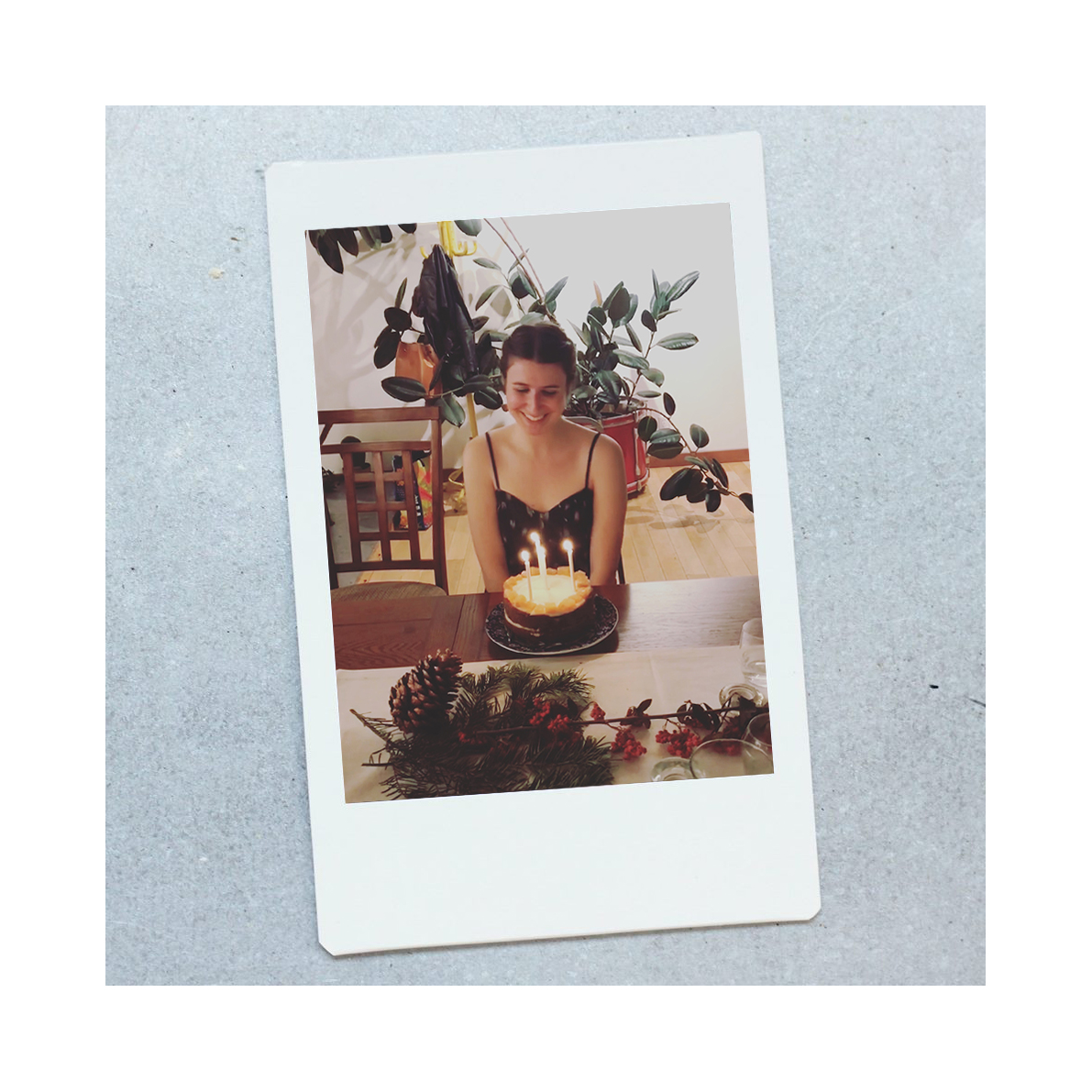Last fall, I had the opportunity to TA a class in the Integrative Health Masters program at the California Institute of Integral Studies. Called Mindful Health, the course offered an in-depth examination of how and why meditation and mindfulness are essential practices in cultivating overall health and wellbeing. We talked a lot about energy, suffering, self-compassion, ambition, burnout, the nervous system, the brain and, taking these all into account, the ways we can manifest our own vibrant health—and support others in doing so for themselves. One of the teachings that Megan, our instructor, shared with us has felt particularly resonant as I've struggled to show up in this space over the past six weeks. As such, it feels worthwhile to share with you here, now.
Let's take, for a minute, a more expanded notion of suffering than the extreme situations that the word typically brings to mind. Suffering as any state of dis-ease, be it a habitual undercurrent of anxiety; stress related to uncertainties or obligations in one's life; heartbreak or shattering disappointment of any kind; and so on. Early on in the class, Megan re-framed suffering to be defined not by our circumstances but by our relationship to them. I appreciate this framing so much because it gives us agency, which is absolutely essential in the path to self-love, self-worth and mind/body/spirit health.
In this iteration, suffering is not caused by undesirable events or circumstances that are inflicted upon us. Rather, suffering is caused when we try to control the things that are not in our control and when we don’t give determination to those that are. Unfortunately, all too often, there is a confusion about which is which. We need surrender and volition, both. Compassion and determination, both. And we need the ability to identify which circumstances require which approach—which is a clarity that mindfulness and meditation help us cultivate.
//
According to the Vedantic tradition (one of the world's oldest spiritual philosophies), everything in existence embodies three basic energetic states at all times: sattva, which is balanced and harmonious; rajas, which is active and impassioned; and tamas, which is resigned or destructive. Called gunas, these energies exist constantly and simultaneously in different degrees. At any given time, they can be in balance—aligned more with sattva—or out of balance.
Oftentimes, the suffering we can experience on a daily level is reflected in one or more of these energies being out of balance. For example, too much rajas might feel like overstimulation, crazy caffeine jitters, or incessant multitasking. Overly-exerted rajas uses a lot of energy but not necessarily in an effective way. It also leaves little to no space for reflection about the tasks one is doing. This energy is tricky because our culture actually values and promotes an overstimulation of rajas, even though it can easily result in burnout, disconnection from self and dissatisfaction. When rajas is in balance, it looks like circulation, movement and change—which are often, if not always, good things!
On the other end of the spectrum lies tamas, which when overstimulated manifests as resignation or complete depletion. Out of balance tamas is the, "Fuck this" energy, the "What's the point?" energy, the drinking-to-forget or total crashing energy. When in balance, tamas is the energy that allows us to sit, reflect, recharge, process and integrate all the activity of our lives.
Whether or not you believe in these energetic principles, what I have found valuable in learning about them (and hopefully you will too!) is that they have enabled me to label my energetic states when I feel "off," not myself, stressed out or unhappy, and to then identify actions that I can take to help bring myself into balance—or, in other words, change my relationship to and reduce my suffering. Rajas and tamas are in opposition to one another; this means increasing one will help bring the other into balance. If I am feeling crazy stressed and overwhelmed, I can pause and actively choose to tap into tamas energy by taking a handful of deep breaths, doing some restorative yoga poses in my room, sitting in nature or journaling. If I am feeling aimless, unmotivated or physically depleted, I can integrate some active rajas energy to shake me out of my rut by going for a walk, dancing around my bedroom, or—hey!—even cooking something tasty to eat.
We are constantly in relationship with everything that falls into our lives—people, opportunities, failures, our phones, the news, our bodies, our food, our work, our free time, and even our histories. These things all have the potential to be a catalyst for suffering, to varying degrees, at any given point in time. It is essential to remember that it is our relationship to the thing that will dictate if and how much we suffer. By building the muscle that brings our awareness to the qualities of that relationship and beginning to act in ways that generate energetic balance, we can, little by little, begin to cultivate greater internal peace.











